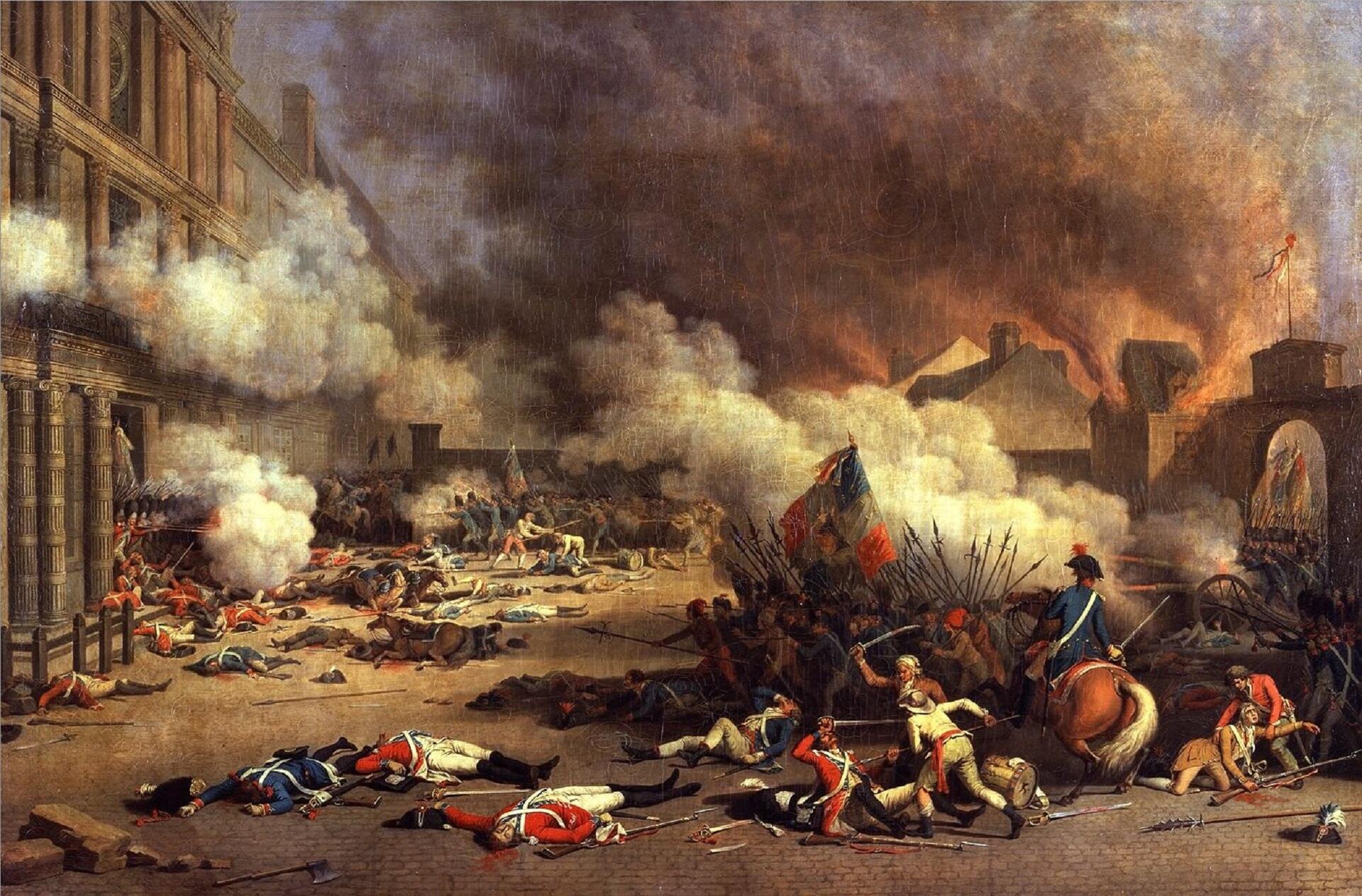The French Revolution came about because most of the people resented the existing state of affairs. In its aftermath, France moved from a polarized, feudal system, to one striving for equality and democracy. Politics, religion, ideals, and society - no aspect of life was left unchanged. These are the consequences of the French Revolution.

What Happened After the French Revolution
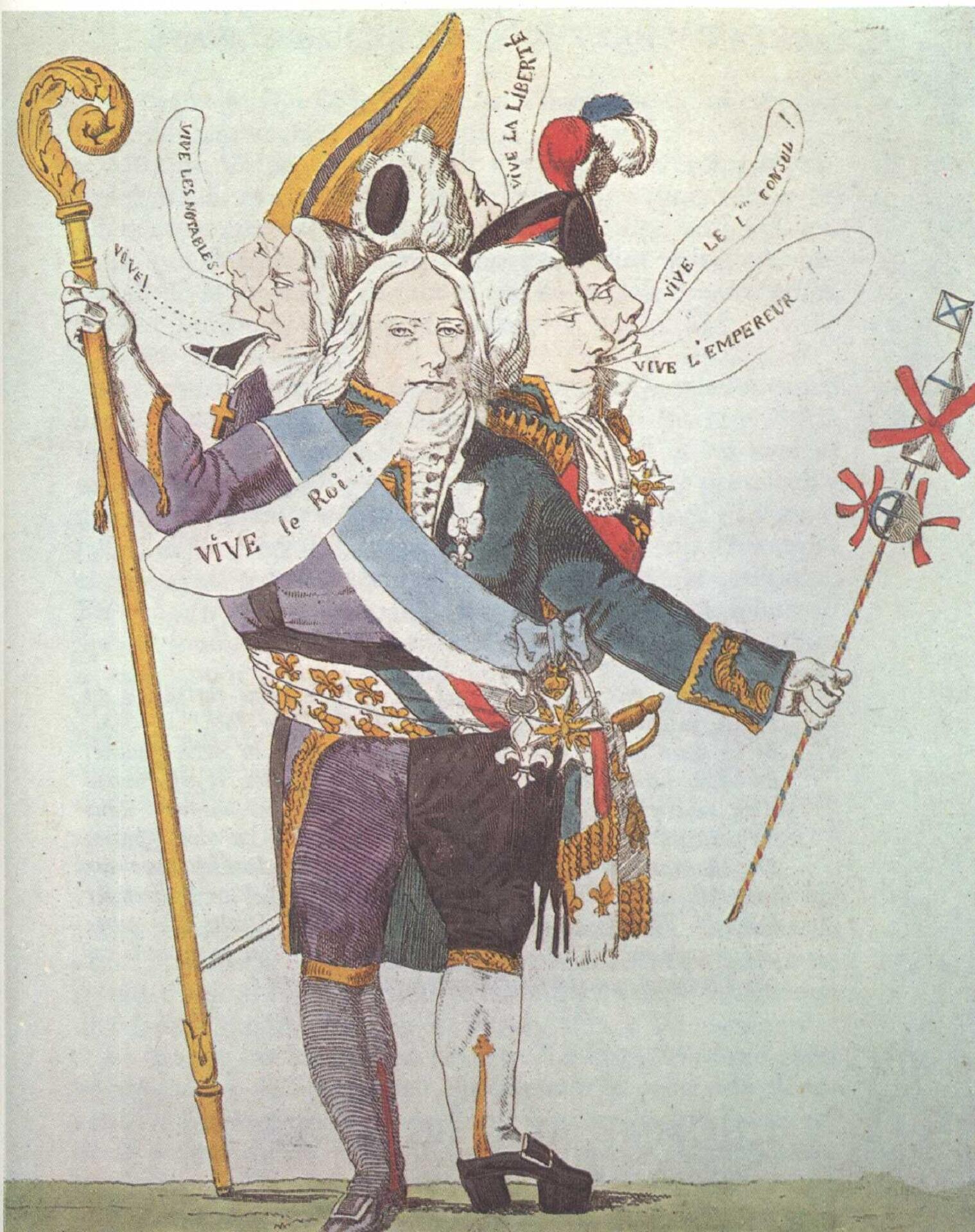
For a very long time, only a small slice of the population enjoyed a decent, if not comfortable life in France. The Revolution upended all that had been before. It was a bloody, violent time that cost many their lives, from royalty down to religious figures.
Indeed, France's Reign of Terror remains one of the most horrific periods in human history. But, the results of the French Revolution were, in many ways, equally destablilizing.
With that chapter closed, the French people had to build a government that would suit the ideals they embraced. The revolution-era councils and assemblies gave them some idea of what could - and what wouldn't, work.
Timeline of Revolution Events
1789
The Estates convene (religious, nobility, and commoners)
The Third Estate (commoners) demand more political representation.
1790
The National Assembly forms
The Third Estate pledges to remain to help form the government
1791
The Assembly drafts a constitution
It includes provisions for a limited monarchy.
1794
The Reign of Terror Ends
Robespierre is sent to the guillotine.
1795
Thermidorian Reaction establishes the Directory
A five-member executive body that governed France until 1799.
In August 1795, France's National Assembly drafted and approved a governing document. This constitution established a representative government, complete with a two-chamber (bicameral) legislature. Thus, they laid the foundations of effective government, but the infighting hardly slowed down.
For four years, this fledgling government tried to manage corruption, the sluggish economy, and social unrest. Royalists and radicals alike continued trying to seize power.
Taking advantage of this multi-layered turmoil, General Napoleon Bonaparte made his move. The army he led overthrew the National Assembly. Once the dust settled, he declared the Revolution complete, and proclaimed himself the head of state (in 1799).
French Revolution Political Changes
The execution of Marie Antoinette marked the permanent turn away from absolute monarchy. Nobody said anything about empire, though. Napoleon declared himself the French emperor in 1804, a mere five years after seizing power.
He spent no time resting on his laurels. Over the next 15 years, he consolidated his power in France, while waging war across Europe.
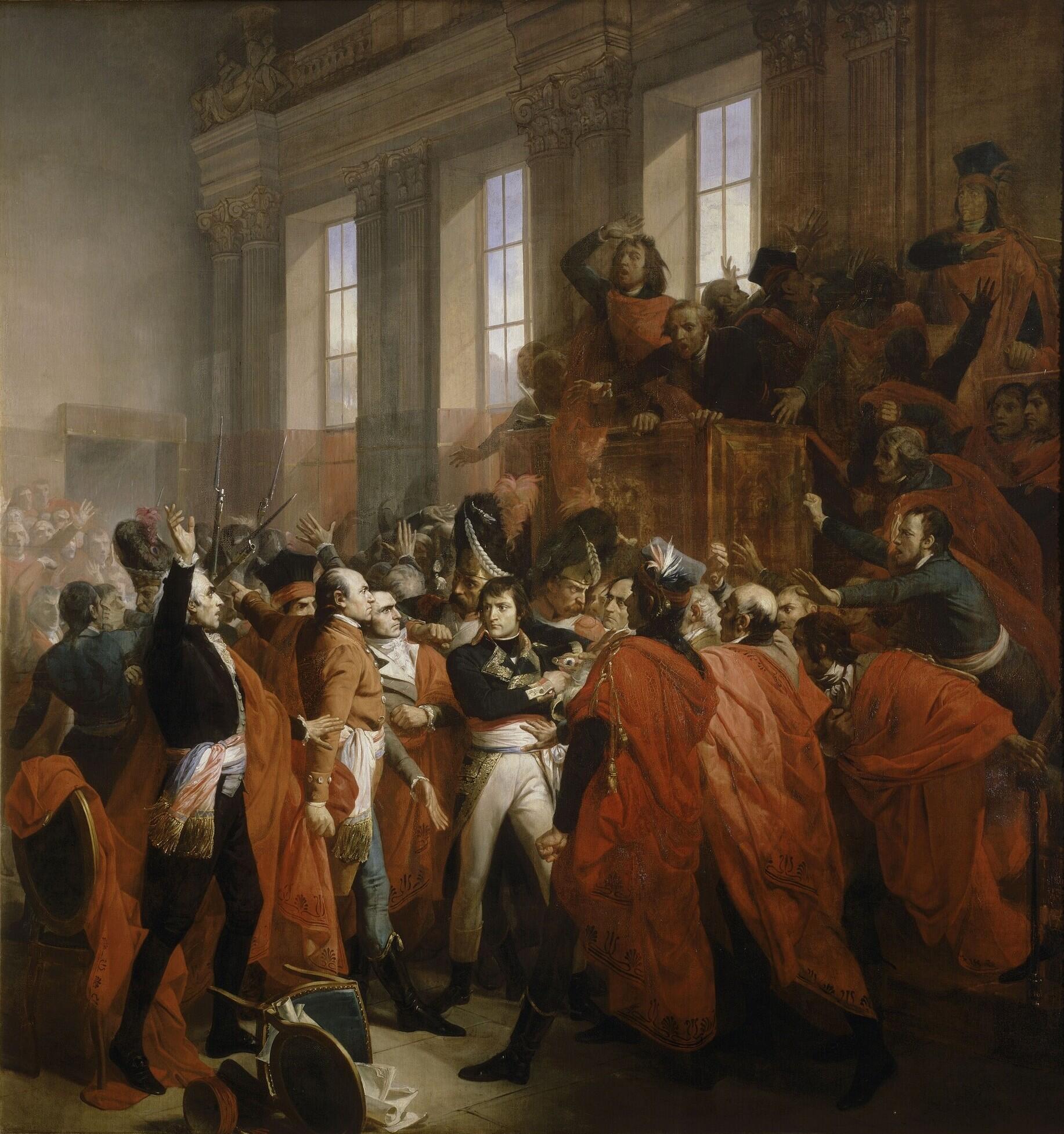
Wherever he and his troops scored a victory, he implemented the same civil changes that were taking place in France.
Equal rights, property rights, and the end of segregation.
When put like that, this Code sounds noble and righteous. However, it had many shortfalls, including:
Napoleonic Code insists
- men shall be equal
- all shall be freed
- property rights
- citizens privilege
What it didn't allow
- women were still subjugated
- low bar to imprisonment
- high bar to property ownership
- hardship for non-whites
The Napoleonic Code did its best to compromise between old and new ideas. On the more complex issues, the Code gravitated towards conservative thought and tradition.

French Revolution Social Changes
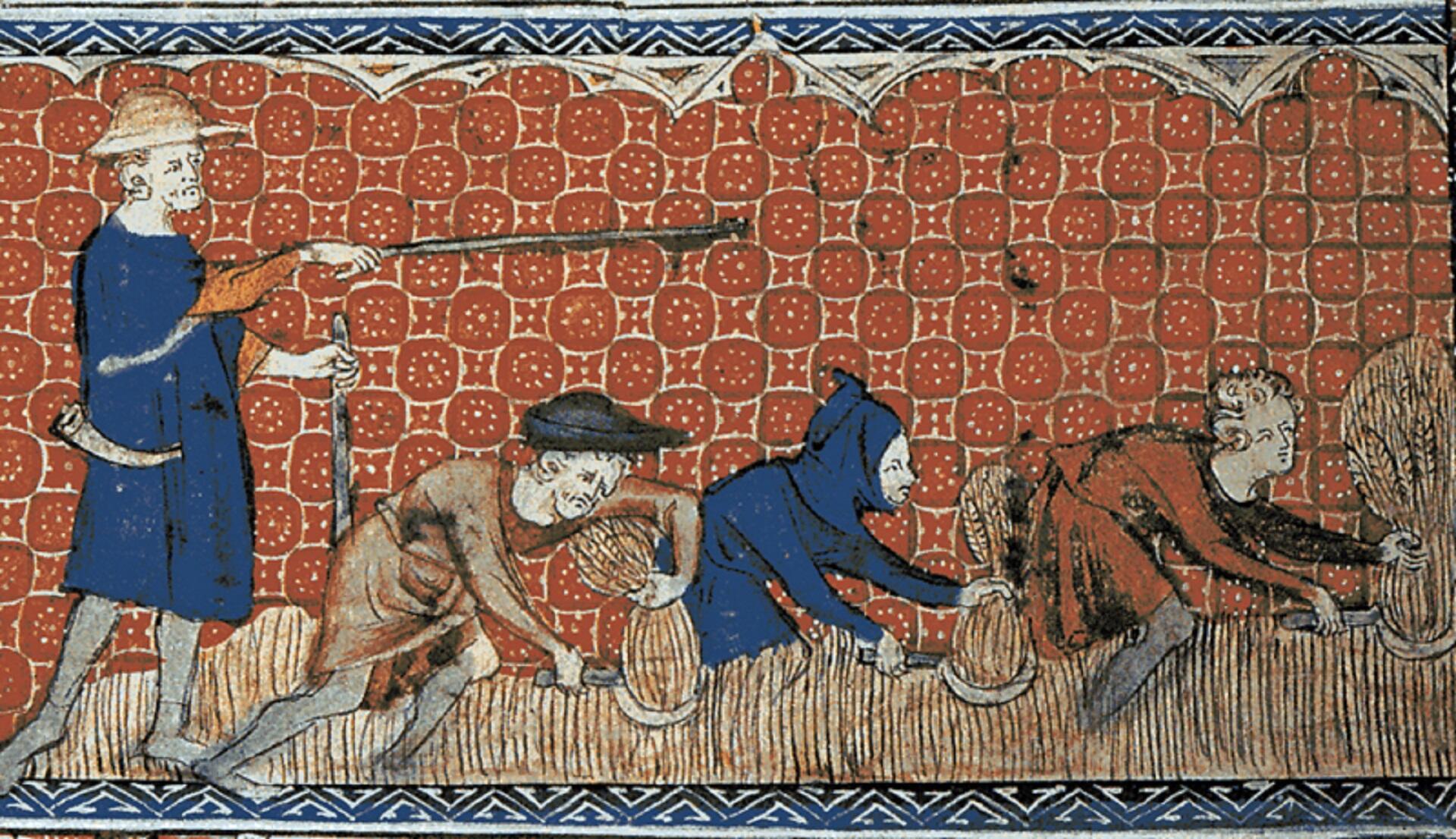
Social inequity was one of the main reasons for the French Revolution. The Napoleonic Code went a long way towards balancing citizens' rights and economic opportunities.
However, the country didn't turn into a utopia of social justice overnight. In fact, it's still not; no nation is. Still, the Napoleonic Code remains the basis of government in France, to varying degrees. One facet of it, in particular, continues to drive social change.
Long-term consequences of the French Revolution
The French Revolution gave every citizen a voice. Casting votes is one aspect of this.
Citizens get to decide who, among the nominees standing for election, will represent them in government.
Protests are another example of citizens exercising their voices. Today, these initiatives are far more organized, and far less violent, than during Revolutionary times. Still, they hew more closely to the revolutionary spirit than the civic duty of election participation.
Other major social changes the French Revolution cemented include:
Administrative
- a central government, with Paris as its seat
- dividing France into 80 sub-governments (Départements)
- a standardized legal code
- central judiciary appointments
- national police force
Religious
- Church lands and property sold to citizens
- no role in government
- dioceses assigned to government departments
- papal communication through Paris channels
- priests, nuns, and bishops become government employees.
Academic
- centralized public education
- national curriculum
- University of France Grand Master in charge
- opening of more Paris technical universities
- training grounds for the political class
Citizens and aristocracy
- aristocracy regained lands, lose manor rights
- stronger anti-cleric sentiment
- rights for citizens, including land ownership
- freedom from taxation and controls
- mortgage debt permitted
Among the long-term consequences of the French Revolution, these aspects remain today, more or less unchanged from post-Revolutionary times.
French Revolution Ideological Changes
Clashes in political ideology drove the Revolution. We see these conflicts in some of the best movies about the French Revolution. Particularly in semi-biographical films like Danton, whose revolutionary ideals split from Robespierre's, his former comrade-in-arms.
Those who believed the monarch was divinely ordained insisted that the kingdom must remain, if only in a reduced capacity. This faction reinstalled a Bourbon King after Napoleon's Waterloo defeat.
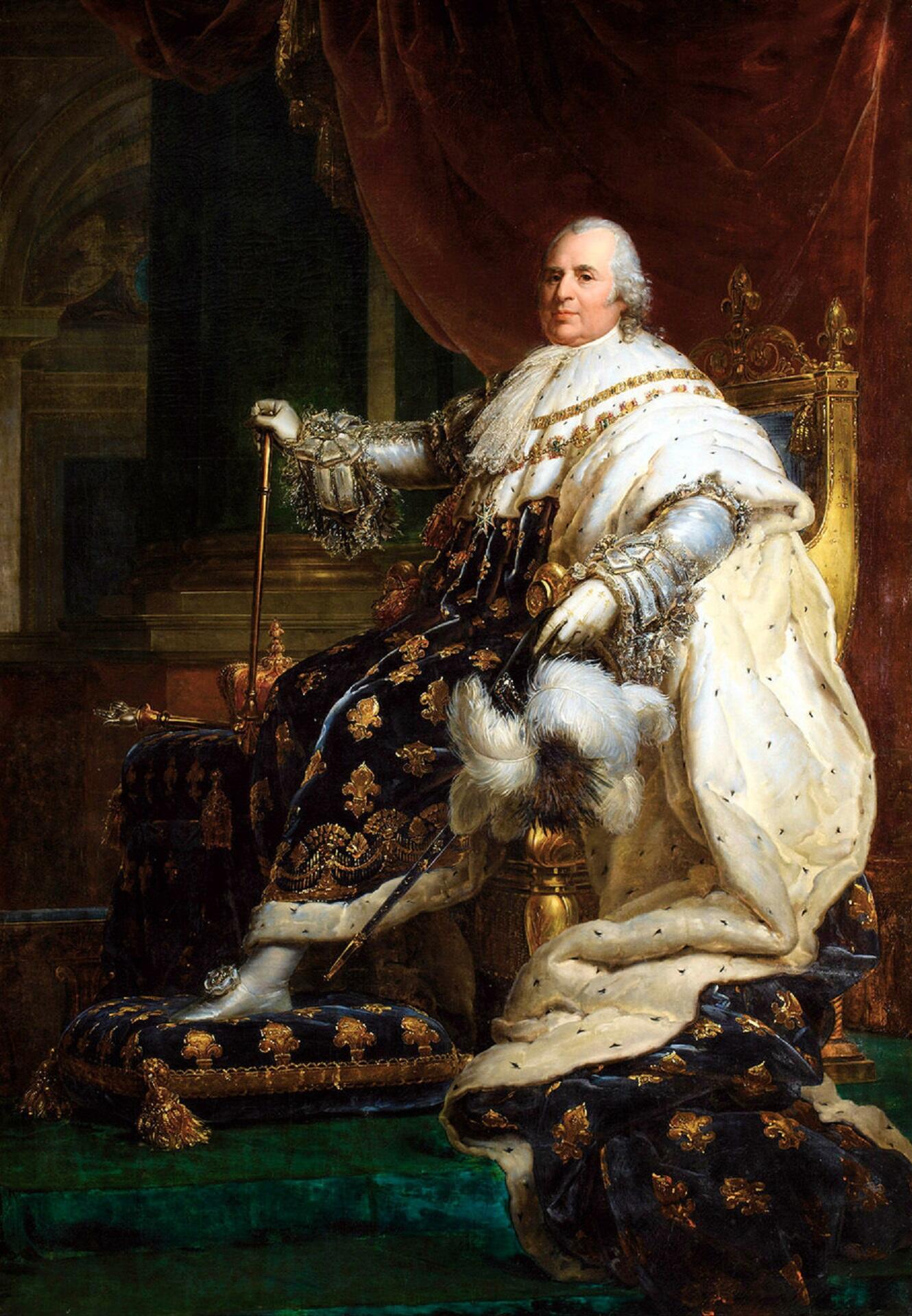
Their ideology leaned conservative, and they remained wary of political overreach - by themselves, or by a monarch.
That scepticism called for a tightening of political debate, but also for tight controls on French nationalism. Political Catholicism played a large role in these discussions, too. Political operators relied on Enlightenment ideas to guide their policy decisions, in these regards.
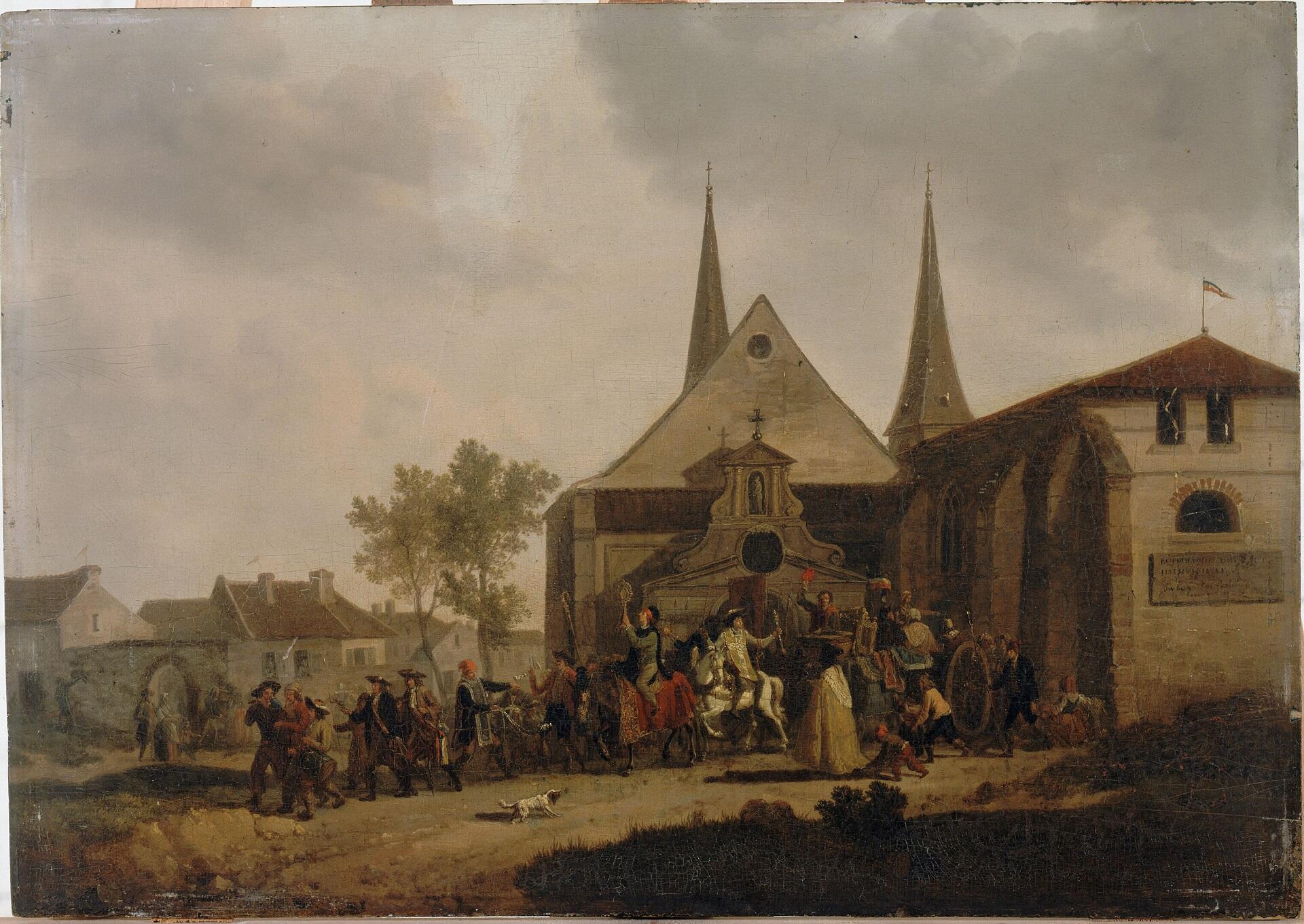
Religious Ideology
The very idea of ordained kings speaks volumes about the power of the Church in French political affairs. Up till Louis XVI's execution in 1793, the monarchy was absolute. That was mostly because the Church instilled the idea that God chose France's rulers.
Church corruption, and the high clergy's wealth became a flashpoint early in the French Revolution.
The Gallican Church dominated pre-revolutionary France. Revolutionaries descended into anti-clericalism, the opposition to religious authority.
This fury led to church lootings, and violence against religious figures, very early in the Revolution. As the Reign of Terror progressed, revolutionaries first suppressed the Church and then, methodically dismantled it:
- more than 30,000 priests were exiled
- thousands more religious figures, bishops, nuns, and other clerics, were put to death
- the State cancelled the Church's power to tax in 1789, depriving it of revenue
- nationalizing and selling off Church property completed the religious deconstruction.
That doesn't mean religion disappeared from the French landscape altogether. The clergy became state employees, who had to swear an oath to the republic's new order - not to the Church. The Pope denounced this mandate and, indeed, the entire Constitution of the French Republic.
This standoff split the French Catholic Church. Its power was further diminished when France's Legislative Assembly legalized divorce (1792), in defiance of Church law. The government also wrested civil records - birth and death registers, and marriage licensing, out of the Church's grasp.
As the Church's power waned, the concept of rule by divine right lost its grip - on French politics, as well as in society. Other European countries followed this example. To this day, France and those nations remain secular, with religion existing on its fringes.
Results of the French Revolution
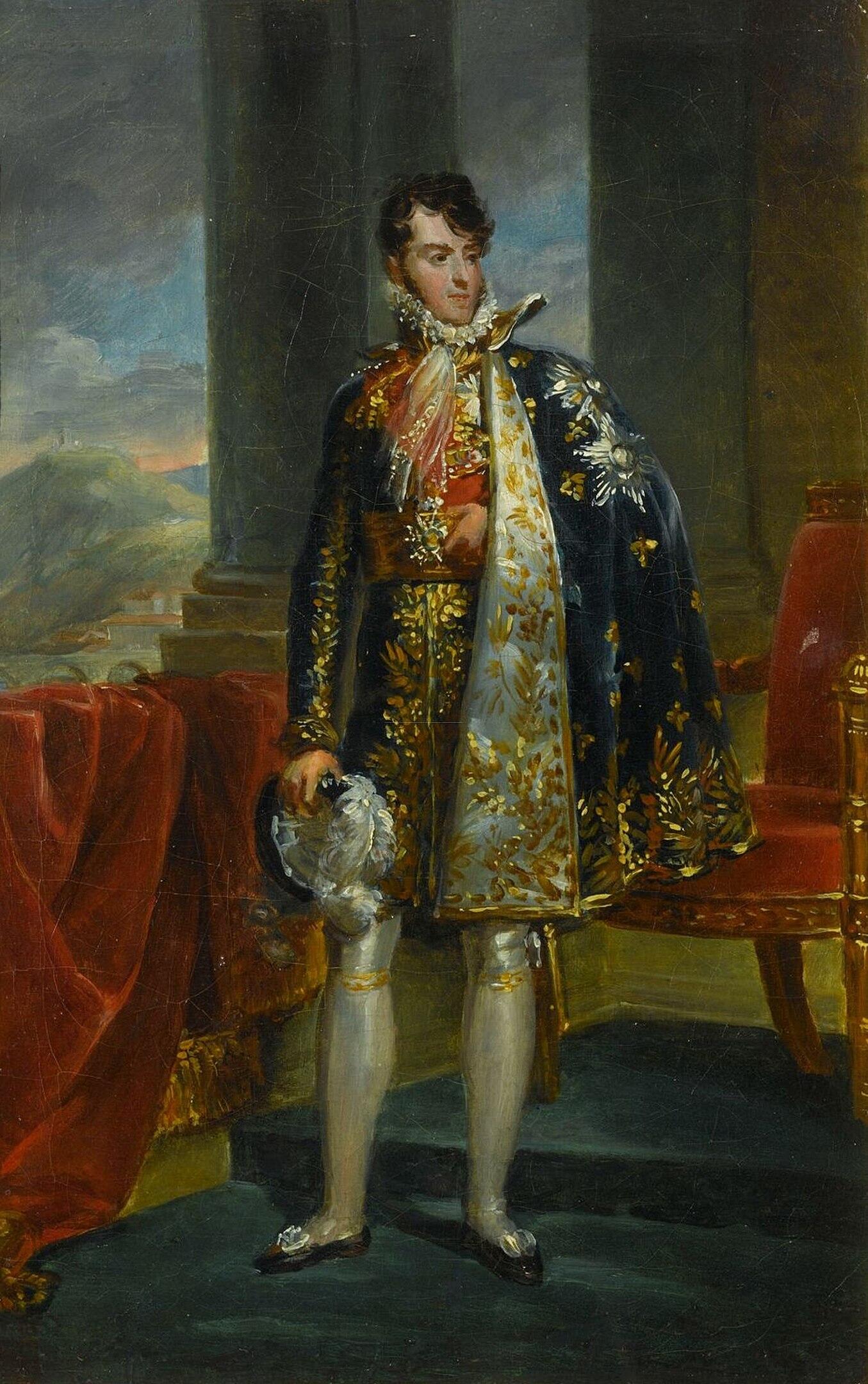
Historians generally tout the French Revolution as one of the most impactful events, both in Europe and around the world. In France, the changes were profound.
Many of the wealthy, well-placed French nobility emigrated. Some went to neighboring countries like Germany, Austria, and Great Britain. Many went further: to Russia, Canada and the United States. No matter where they landed, these migrants brought their language, culture, and money with them.
On the larger scale, those fleeing nobles helped shape immigration policies wherever they landed. The political and revolutionary ideas they brought with them helped the governments of their new homes decide policy.
In France, the changes were even more profound. Some of the issues that caused the French Revolution remained unresolved, despite all the bloodshed, well into the 20th Century. Others, like the Declaration of Rights of Man and of the Citizen (1789), found immediate acceptance.
A human and civil rights document that outlined the values underpinning the French Revolution.
This Declaration would influence governments worldwide, too. It presented a clear vision of the state's philosophical and political obligations to its citizens. It also advanced the concept of social contracts: the mutual obligations of citizens and civic bodies.
It established the model of governance prevalent throughout the world today.
If we can set aside the Revolution's negative aspects, it's clear that it's most enduring aspect is representative democracy. Other benefits to modern societies the Revolution fought for include:
- equal rights among citizens
- property rights
- the separation of church and state
- public education
- national banks
- publicly-owned infrastructure
Were we to summarize the French Revolution and its aftermath, we might say it was a lot of tragedy, followed by measures of progress and stability. Of course, one sentence does not do this historical event justice.
Summarize with AI:

